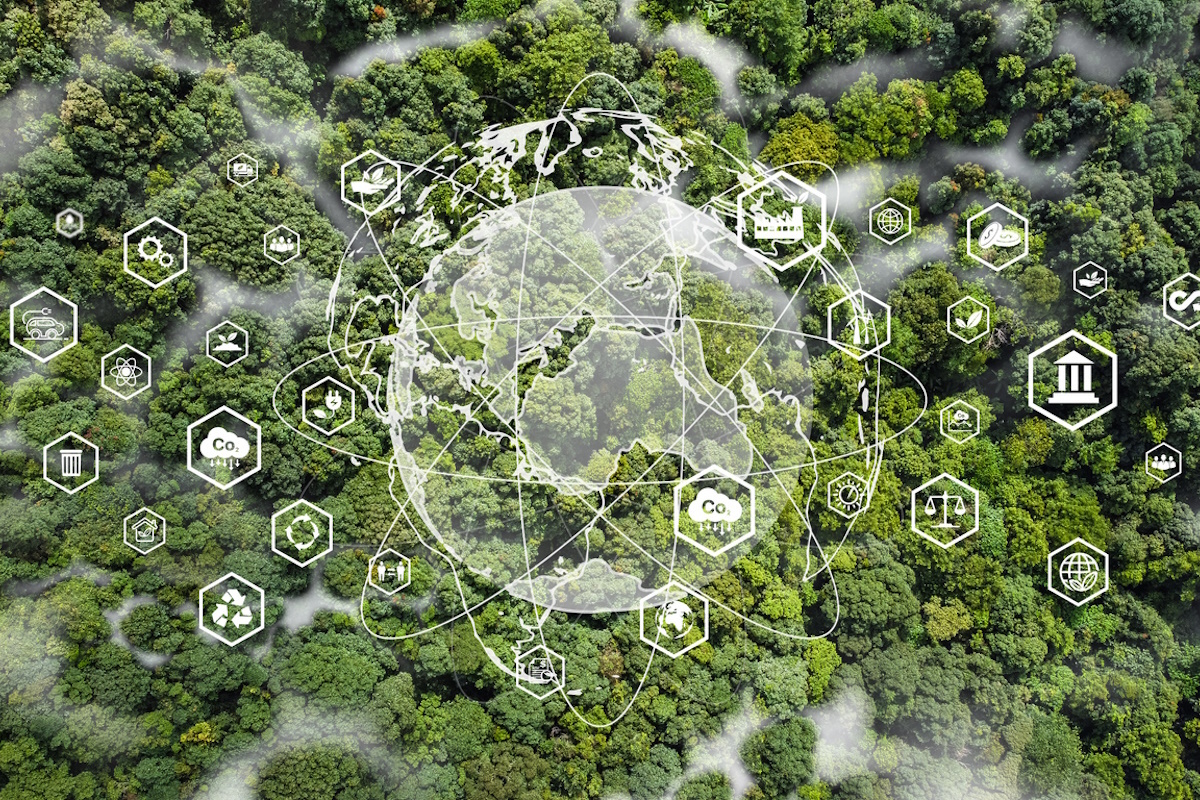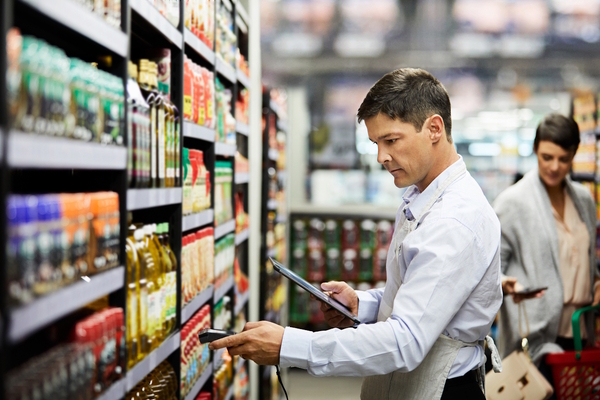SDGs: governments and business in partnership

Gerbrand Haverkamp at the World Benchmarking Alliance argues that governments must bolster business’ role in meeting the world’s essential sustainability goals
We only have seven years left to meet the United Nations’ Sustainable Development Goals (SDGs) – by far our best chance of keeping our planet habitable and protecting millions of lives as the climate crisis escalates. But, when it comes to the SDGs’ 2030 deadline, only 12% of the targets are on track. We must urgently address this situation.
One of the key issues is that corporate action on the SDGs is merely voluntary, even though many companies possess more power and influence than many countries. To date these voluntary measures have been insufficient.
Because of this power and influence, we cannot meet the SDGs without corporate action. We need to make the impact that companies have on planet and people consequential to their success.
Stronger corporate accountability is a necessity if we want to achieve our global agendas and it’s also what leading companies tell us they need to sustain their own transformation. Transforming business models can be a long and resource intense process.
Companies will need to understand the expectations of their stakeholders and society at large, to trust that their actions and transformation will be rewarded. Equally, they need to see that lagging and irresponsible companies in their industry are held accountable to prevent unfair competition.
It’s time to make businesses accountable for their impacts on planet and people. For too long governments have left corporate accountability to society and the markets. Whilst governments need society and markets to make the impact of companies consequential to their success, they have largely neglected their role.
This starts by articulating the responsibility of business versus their own when it comes to achieving our global agendas. Without clarity on responsibility, we cannot talk about accountability.
Given we are talking about multinational companies and global agendas, the UN is a key forum where we can agree on the responsibility of business versus governments. The UN and its member states have done this before with the creation of the UN Guiding Principles for Business and Human Rights.
Agreement on the responsibility of business will provide the clarity companies need. It can then be the basis for how we set reporting standards and frameworks for business we need to accurately assess their performance, looking past the greenwashing and preconceived opinions.
Based on this shared understanding of the performance of business, governments around the world can set policies and regulations accordingly. When governments do so, societal actors can more forcefully support leading businesses and penalize laggards. Financial institutions will then see where the wind is blowing and move their money. That is how rapid, large-scale change happens.
Articulating the responsibility of business is not easy and requires the UN to design a consultative process involving governments, business and civil society.
The people who on no account may be forgotten in this process are those directly impacted by business. It is the blue-collar worker, the small holder farmers, indigenous communities and the poor and marginalized living on the front line of climate change. These are the people that are most impacted by companies and yet have the least amount of influence over these companies. They must be part of the corporate accountability process.
Holding the world’s most powerful companies’ accountable feels daunting but we must remember that both society and these companies cannot do without it. Under the guidance of the UN, we can find strength in numbers and move this agenda forward with the urgency the SDGs have placed upon us.
Gerbrand Haverkamp is Executive Director of World Benchmarking Alliance, an organisation which measures business action against the SDGs. They have recently published a whitepaper on corporate accountability in support of sustainable development. This sets out recommendations how we can collectively make this impact of companies on people and planet consequential to their success, arguing that if we do, we enable companies to make the transformation needed to achieve the SDGs.
Main image courtesy of iStockPhoto.com

Business Reporter Team
You may also like
Most Viewed
Winston House, 3rd Floor, Units 306-309, 2-4 Dollis Park, London, N3 1HF
23-29 Hendon Lane, London, N3 1RT
020 8349 4363
© 2025, Lyonsdown Limited. Business Reporter® is a registered trademark of Lyonsdown Ltd. VAT registration number: 830519543





